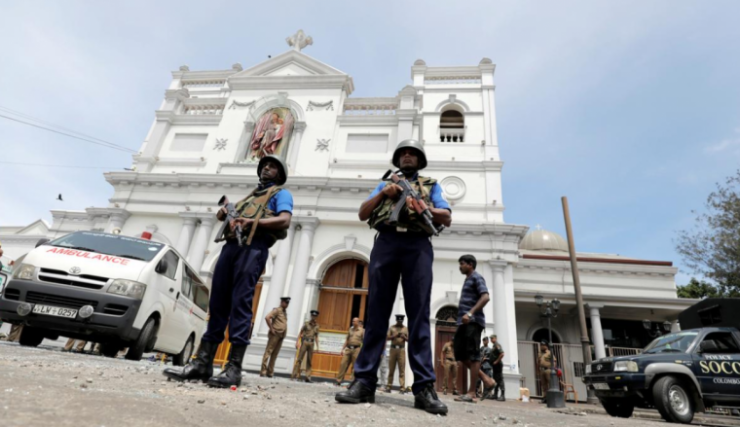
Religious harmony is coming under increasing threat in Sri Lanka from the polarisation of communities and the spread of religious extremism, among other factors, a UN official has warned.
The UN Special Rapporteur on Freedom of Religion or Belief (FoRB), Dr Ahmed Shaheed, said that the Sri Lankan government had failed to protect religious groups from attacks.
His comments come as the Christian community in Sri Lanka continues to recover from devastating suicide bombings that struck during Easter Sunday services earlier this year, killing over 250 people.
Dr Shaheed, who concluded an 11-day visit to Sri Lanka earlier this week, said that steps needed to be taken to address hate speech and hate crimes "in conformity with international human rights standards".
"The long-standing traditions of religious harmony and co-existence in Sri Lanka must be reinforced to address the challenges of the modern context of the country," he said.
"This is characterised by growing politicisation of religion, polarisation of communities through segregated education based on ethno-religious identity, opening up of under-regulated spaces for communication through privatised electronic media and spread of social media, simmering resentment against perceived majoritarian privilege, growing frustration over capricious law enforcement, and the spread of religious extremism."
Dr Shaheed was presenting his preliminary findings on the situation in Sri Lanka before a final report is published later this year. The full report will be presented to the Human Rights Council when it meets for its 43rd session in March 2020.
Responding to the preliminary findings, Christian Solidarity Worldwide said that Christians and Muslims had both experienced hostility in the majority Buddhist country, including interruption to worship, damage to their property, assault, intimidation, mob violence and demands to register their places of worship.
CSW's Chief Executive Mervyn Thomas said: "We welcome the Sri Lankan government's decision to extend an invitation to the Special Rapporteur on freedom of religion or belief.
"This is a promising step towards addressing obstacles to the full realisation of FoRB. With much work to be done to rebuild trust among ethnic groups following the end of Sri Lanka's 30 year civil war, violence based on hate campaigns against religious minorities and a lack of State intervention to protect such minorities must be addressed urgently if the country is to progress towards reconciliation and prosperity.
"We urge the government of Sri Lanka to implement the Special Rapporteur's recommendations to ensure that the pathway to transitional justice is set on course."




